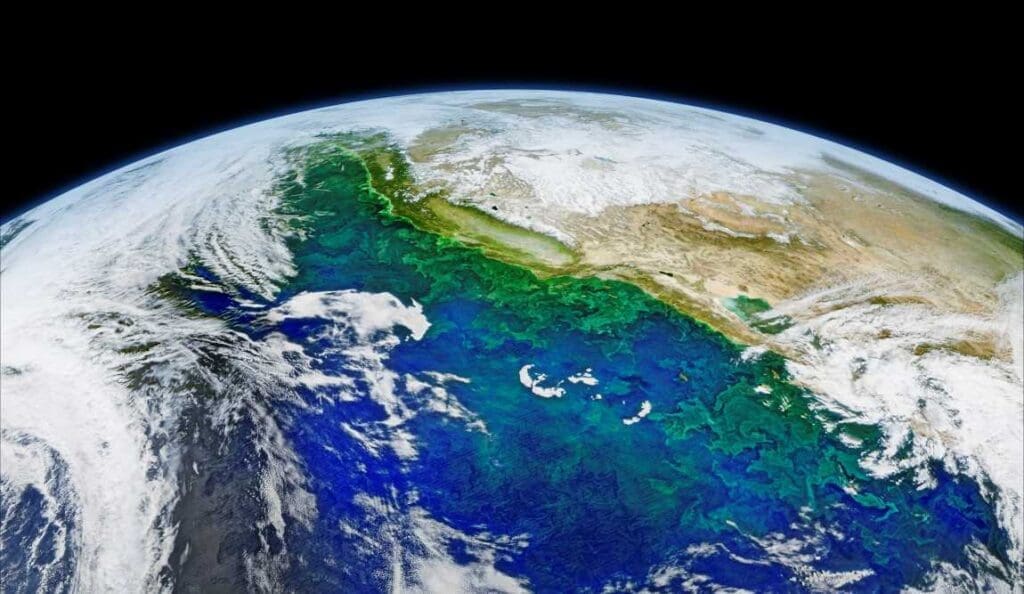By Transport & Environment (T&E)
The world’s leading used cooking oil (UCO) producer, China, will soon run out of waste oil, as demand from Europe and the US outstrips supply, a new Transport & Environment (T&E) study shows. Stratas Advisors’ research, on behalf of T&E, looks at the collection capacity of the world’s leading UCO producers and finds that China already exports more than half its UCO to be used in European and US cars and trucks. That is before airlines are set to triple demand for UCO by 2030 to meet ‘sustainable’ aviation targets. T&E calls for curbs to unsustainable and dubious imports of UCO.
Europe burns through 130,000 barrels of used cooking oil a day – 8 times more than it collects. Following the introduction of Biden’s Inflation Reduction Act, the US now consumes 40,000 barrels a day. To fill the gap, both are importing more and more UCO from China, as well as Indonesia and Malaysia. But as airlines start to get in on the act, demand is outstripping what can be sustainably collected.
European countries consumed 8 times more UCO than they collected and 4 times more than their maximum potential in 2023
Cian Delaney, biofuels campaigner at T&E: “Europe simply cannot collect enough used cooking to fly its planes. Ryanair’s targets for 2030 alone would need all of Europe’s UCO, while all the UCO in China won’t be enough to decarbonise the continent’s airlines, cars and trucks either. UCO is not a silver bullet and can only play a limited role in decarbonising the transport sector. Europe needs to stop shipping waste oil across the world and limit itself to what it can collect at home.”
Demand for UCO across the world is set to spike as targets for aviation fuels kick in. Ryanair alone would need all the UCO in Europe to run just 12.5% of its flights on UCO – its voluntary target for 2030. Global SAF targets in 2030 would require at least twice the UCO that can be collected in the US, Europe and China combined, the study finds.
Demand for UCO much larger than potential supply
The study shows further evidence of potential fraud. While collection capacity and export levels appear to match up in China, a huge illegal gutter oil market means, in reality, the country is likely consuming significant volumes of UCO domestically. This suggests that the country uses and exports more than it collects, raising strong suspicions over virgin vegetable oil being mislabelled as waste oils.
Malaysia, a major palm oil producer, exports a worrying three times more used cooking oil than is collected in the country, the data shows. Most of this passes through the Netherlands or goes to the UK, a country with one of the highest sustainable aviation fuel (SAF) targets.
Cian Delaney added: “The fact Malaysia exports three times more UCO than it collects shows that fraud is almost certainly happening at a mass scale. With Malaysia being one of the world’s largest palm oil producers, it would heavily indicate that UCO is simply a backdoor for palm.”
Stratas’ data shows that collecting UCO in Asia is around 30% cheaper than in Europe. As a result, the oversupply of Chinese biodiesel drove the European biofuels market prices down in 2023. Europe could potentially collect twice as much UCO as it does already. This would be made more likely without cheap Chinese imports, says T&E.
Stratas cites a combination of self-declarations and a lack of effective testing of raw materials arriving at biofuel production sites as reasons why adulterated UCO and UCO biodiesel could be entering Europe. T&E calls for the EU to move away from independent, industry-led voluntary schemes towards stricter EU and national government regulation and controls. T&E also calls for governments to stop counting imported UCO in sustainability targets to stop virgin oils like palm being mislabelled as ‘used’.
On 28 June, the European Commission is set to announce whether it will apply anti-dumping measures on Chinese biodiesel.
Featured image credit: Solen Feyissa | Unsplash




